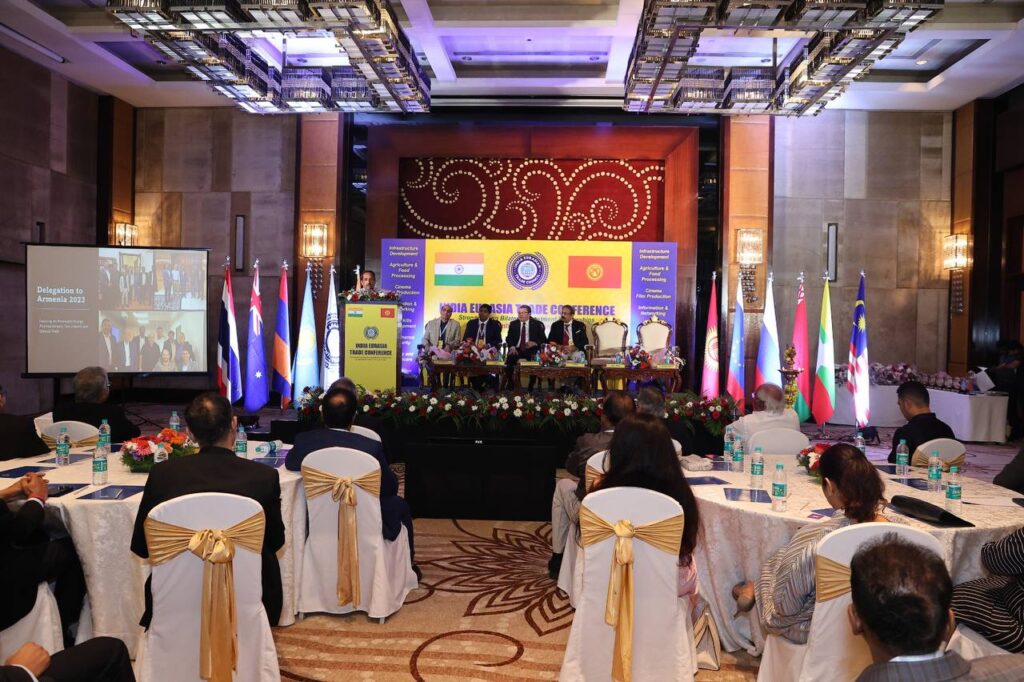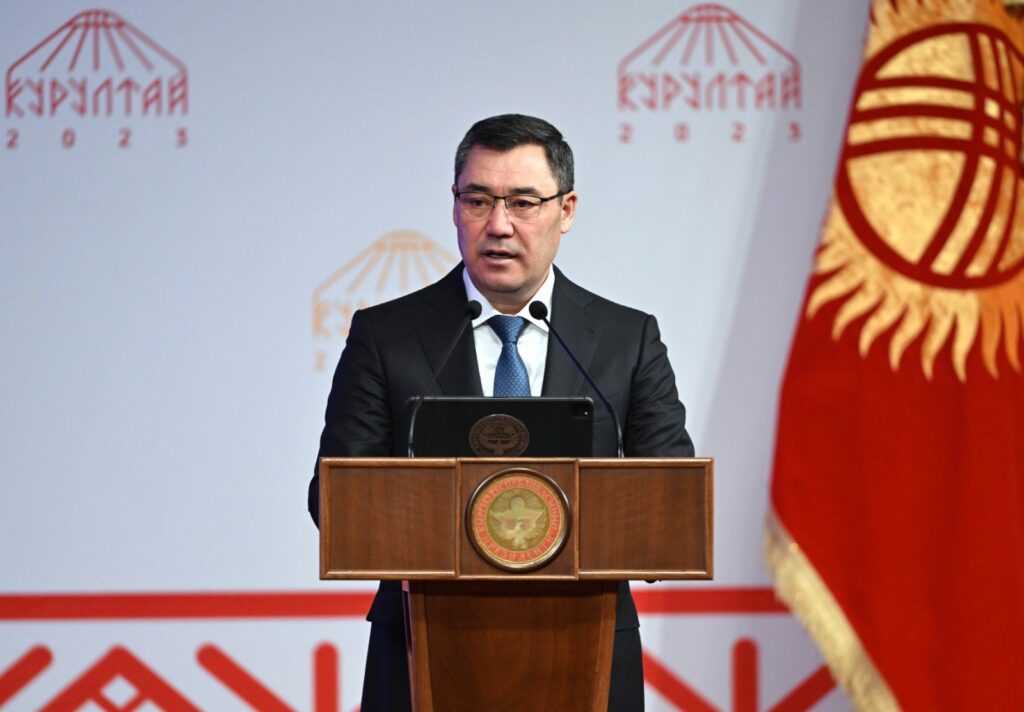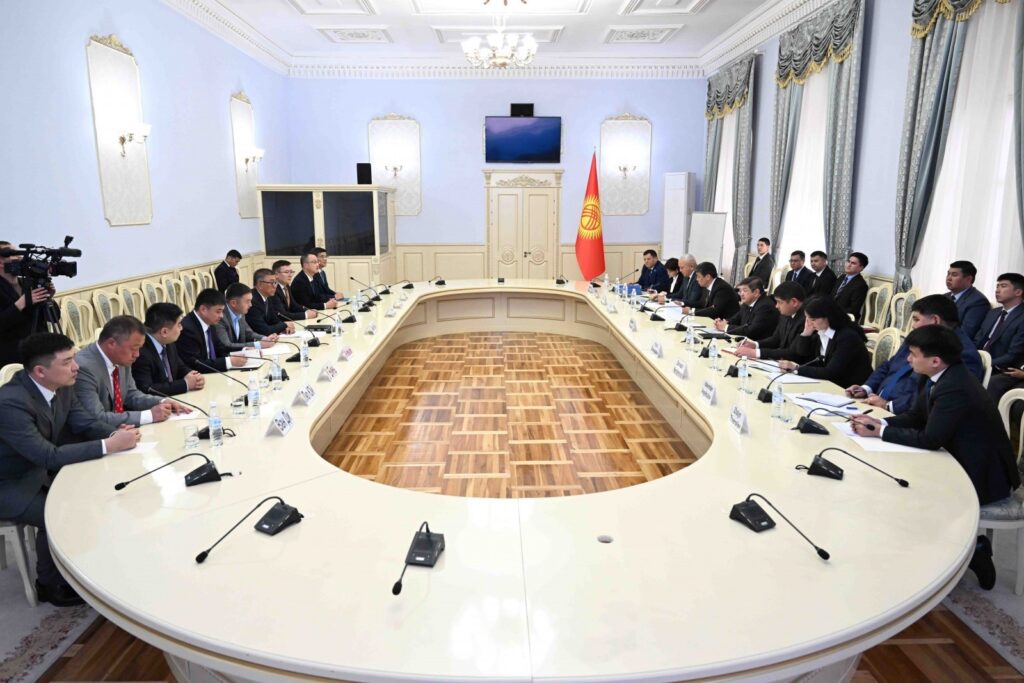Kyrgyzstan Seeks to Expand Ties with South India
On December 21st and 22nd, the Ambassador of the Kyrgyz Republic to India, Askar Beshimov paid a working visit to Chennai, Tamil Nadu state in southern India, discussing the possibility of using the port of Chennai in trade with the Kyrgyz Republic. The main event during the visit was a Kyrgyz-Indian business forum held on December 21st, organized by the Embassy of the Kyrgyz Republic in India jointly with the Indian Economic Trade Organization (IETO). The forum was attended by the Minister of Foreign Affairs of the state of Tamil Nadu, the consuls-general of a number of countries, the President of IETO, representatives of the business community, the academic sector, agencies in the field of education and human resources, and banks of South India. In his speech, Ambassador Beshimov focused on the main aspects of bilateral trade, economic, investment and cooperation, as well as interaction in the field of human resources, education, and tourism. He emphasized that investments and trade with Kyrgyzstan can open doors for Indian companies to the entire Eurasian Economic Union market. Indian ministers, the IETO President, and business representatives expressed their interest in expanding economic ties with Kyrgyzstan. As a result, an agreement was reached to organize a visit of a business delegation from South India to Kyrgyzstan in 2024.








